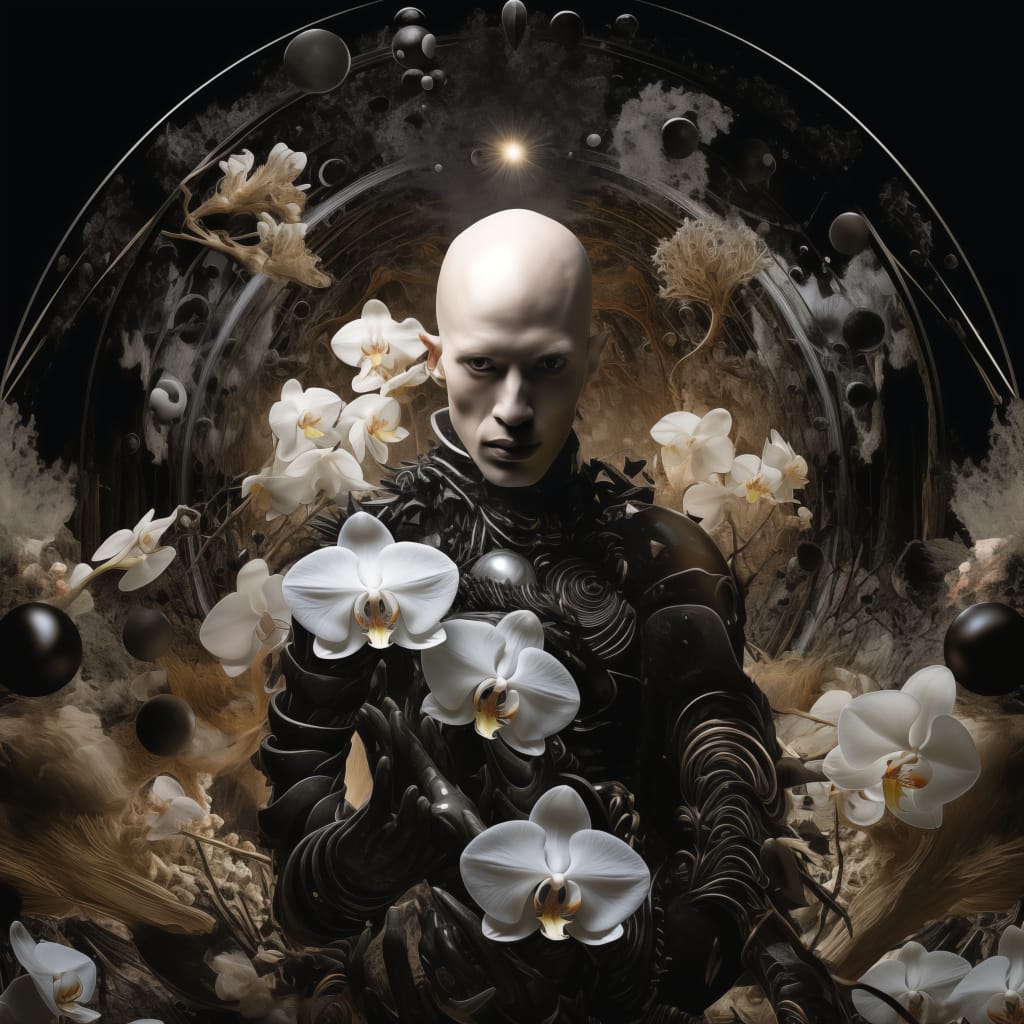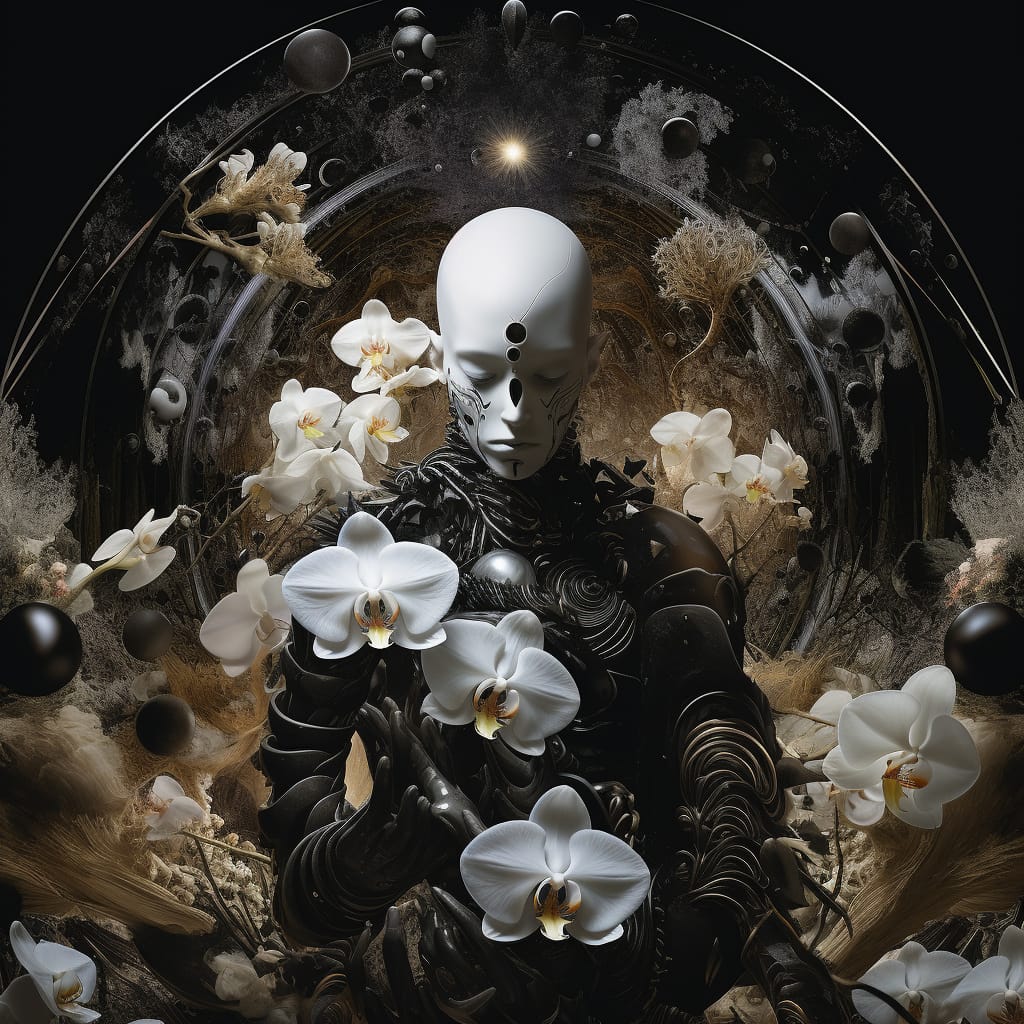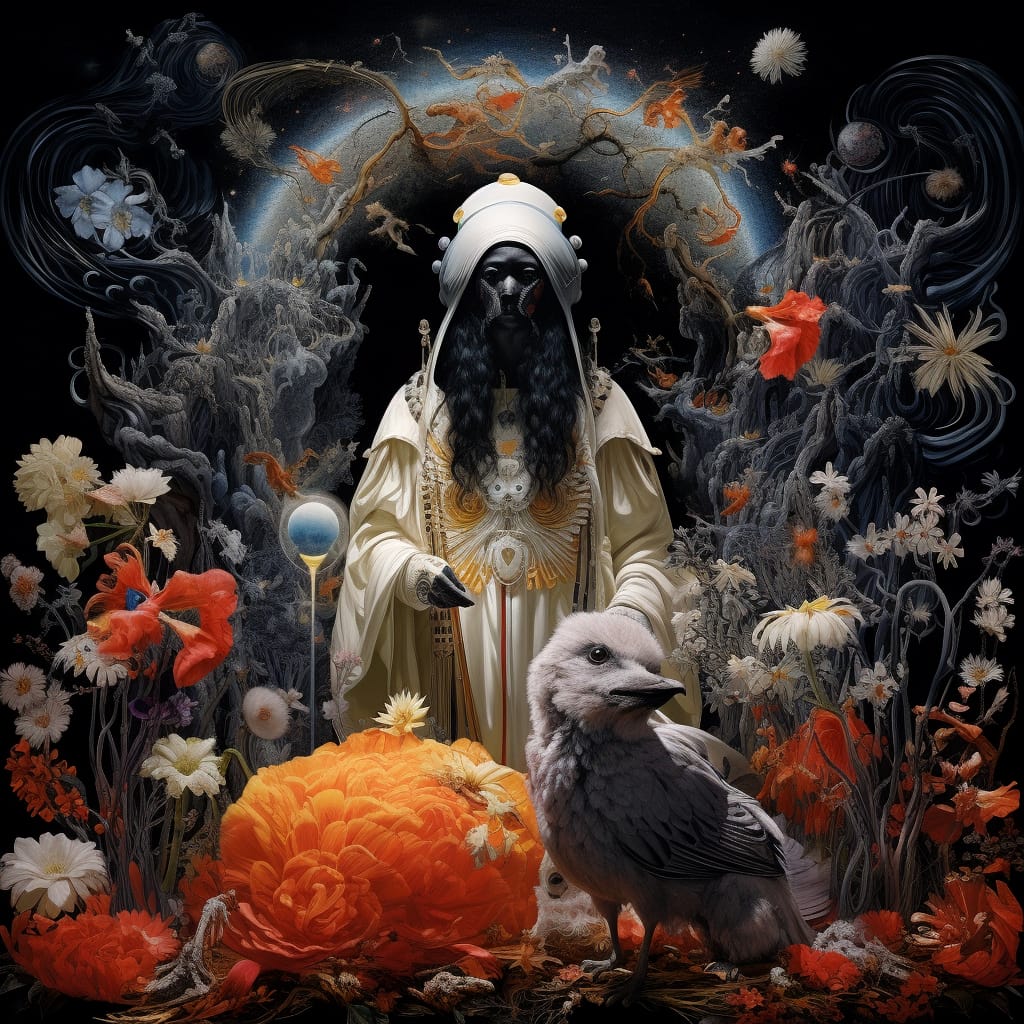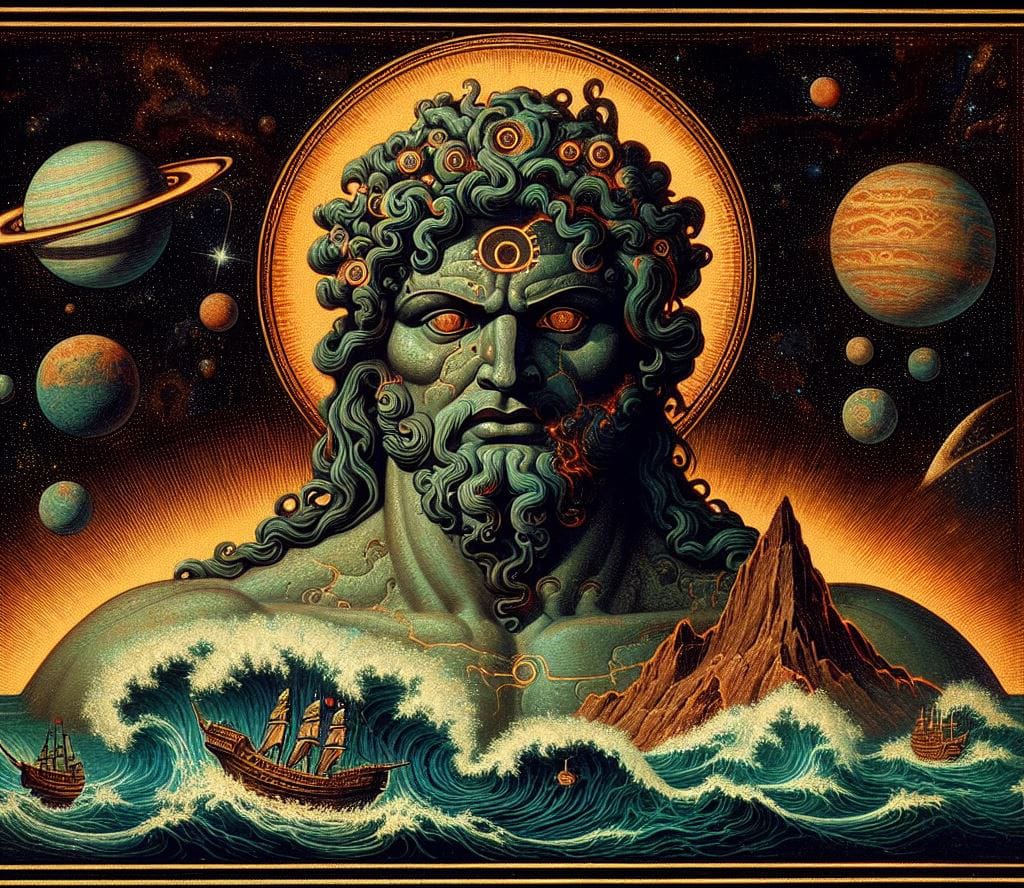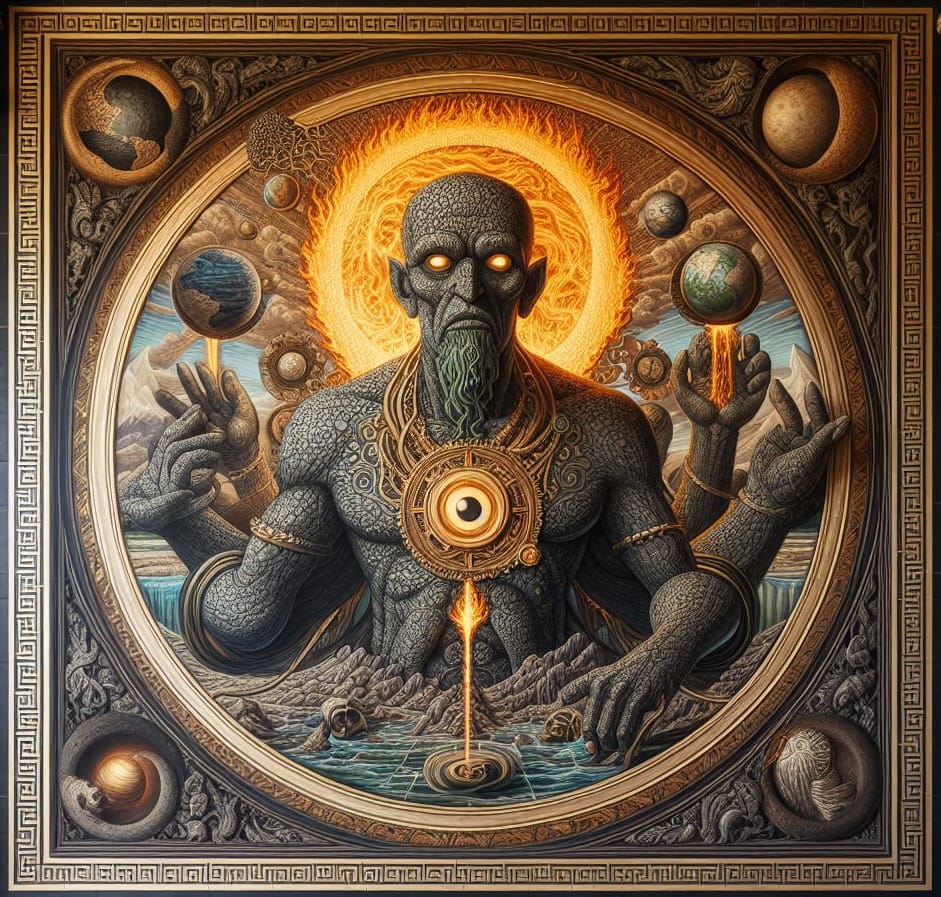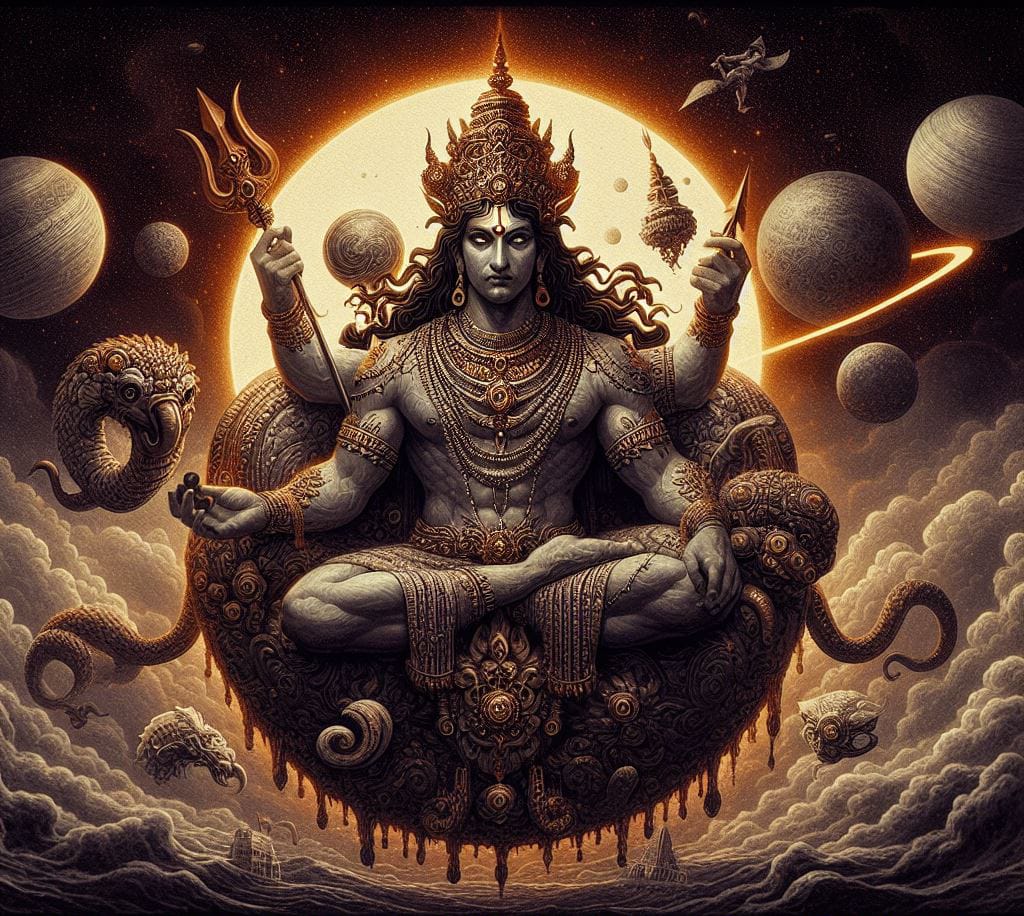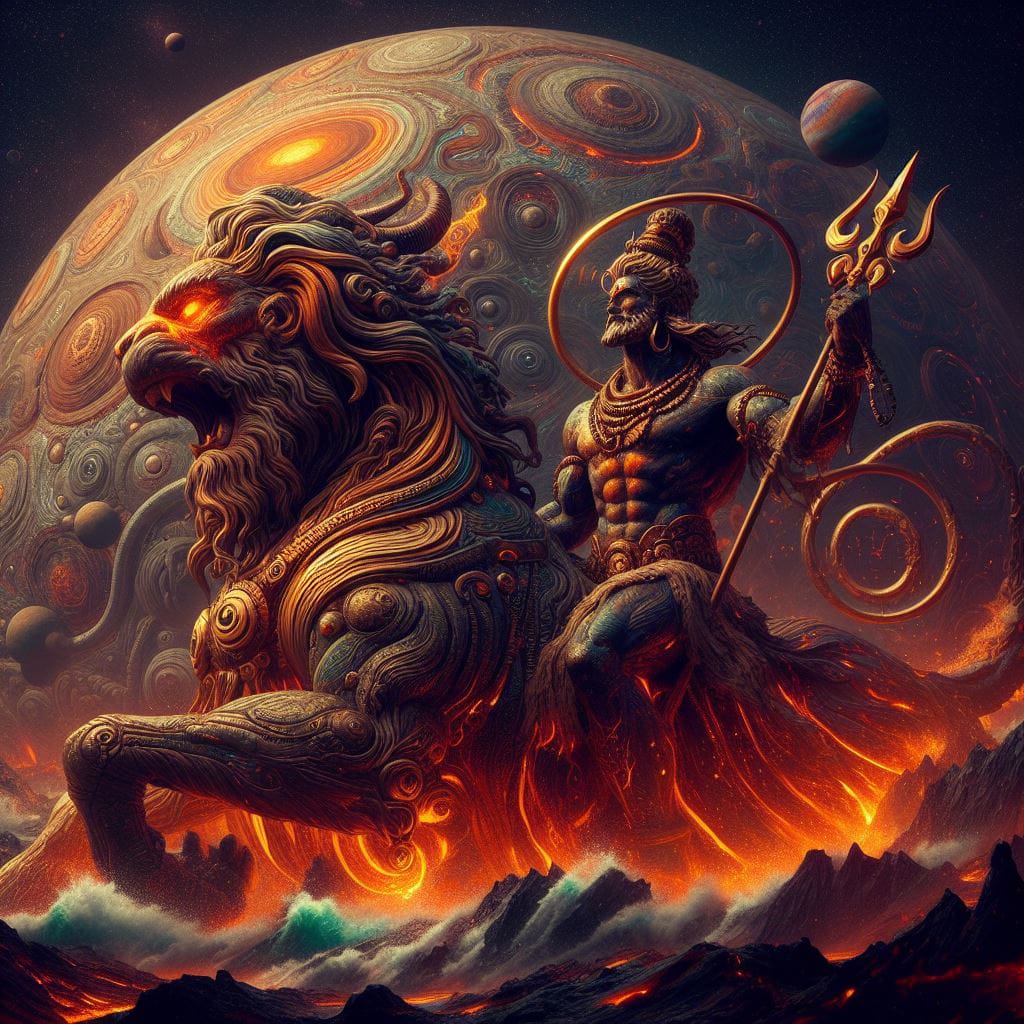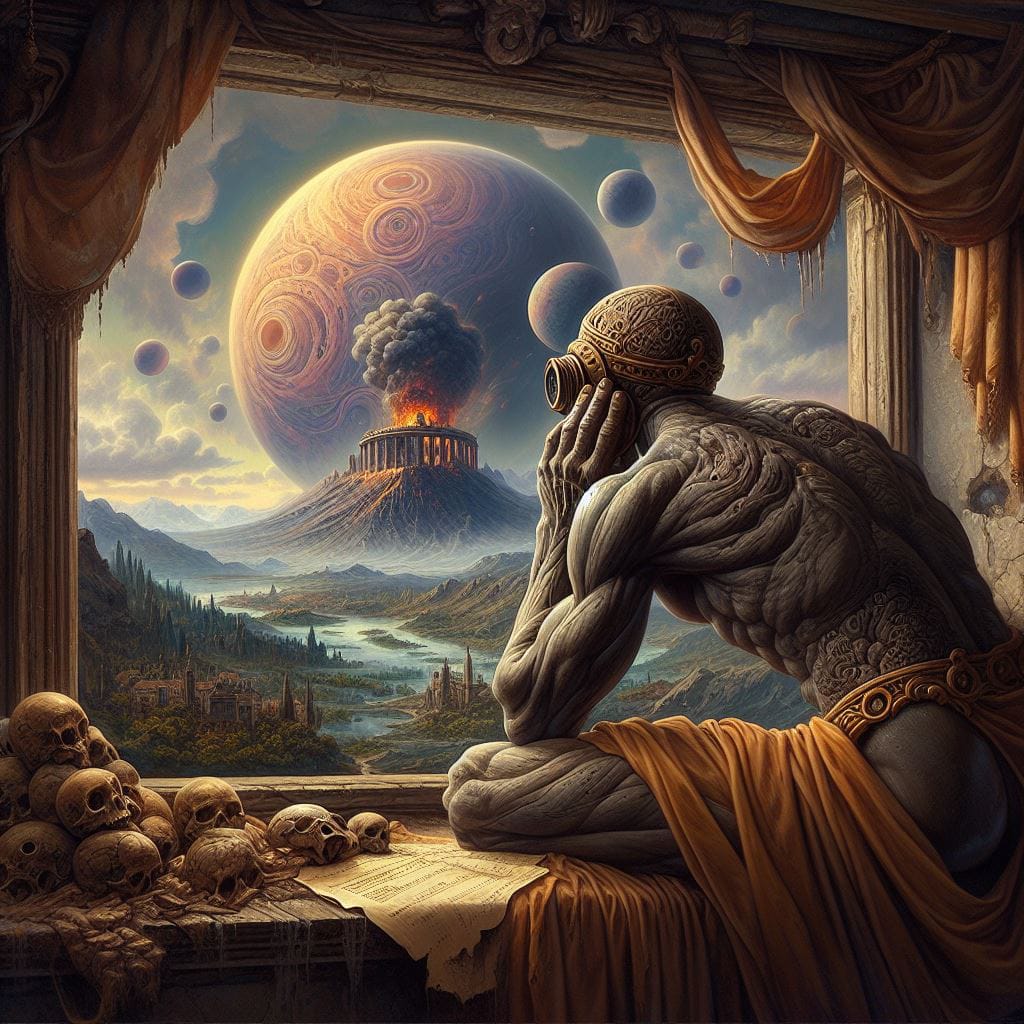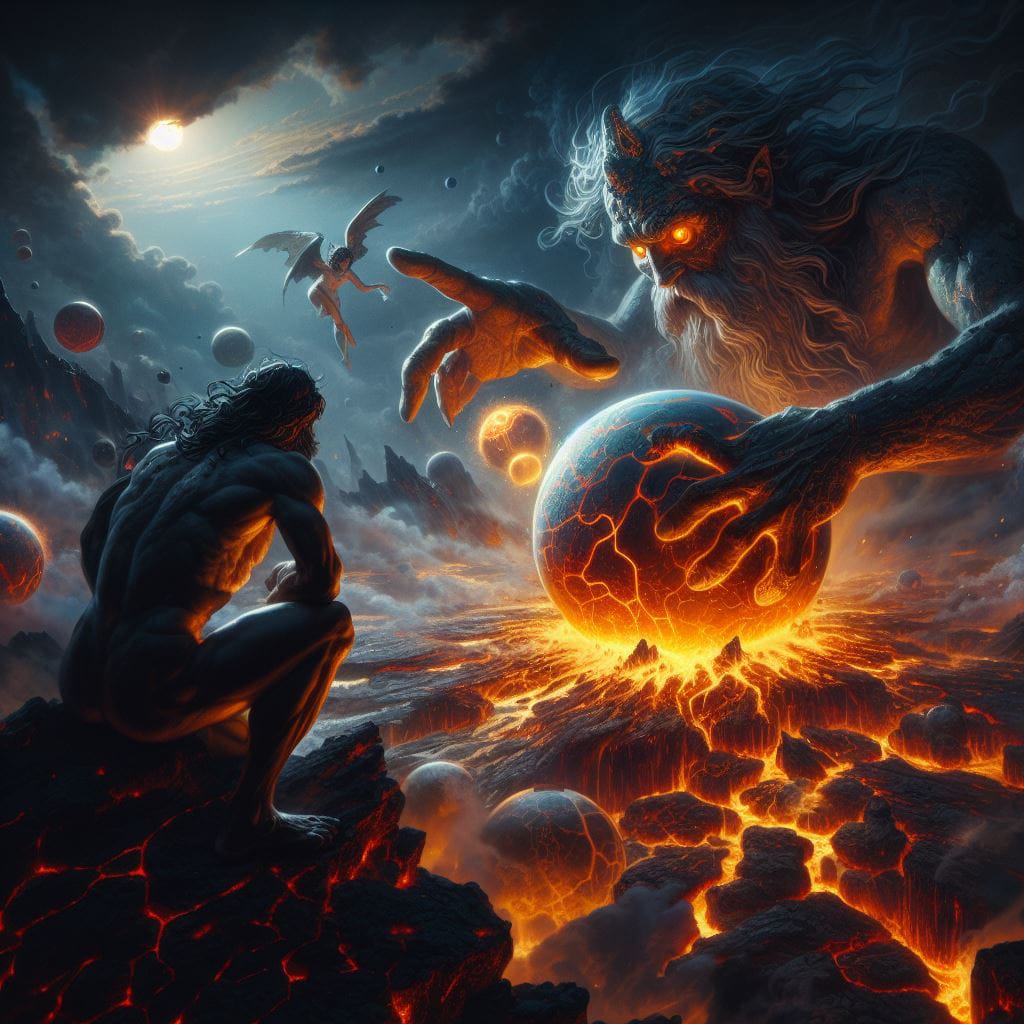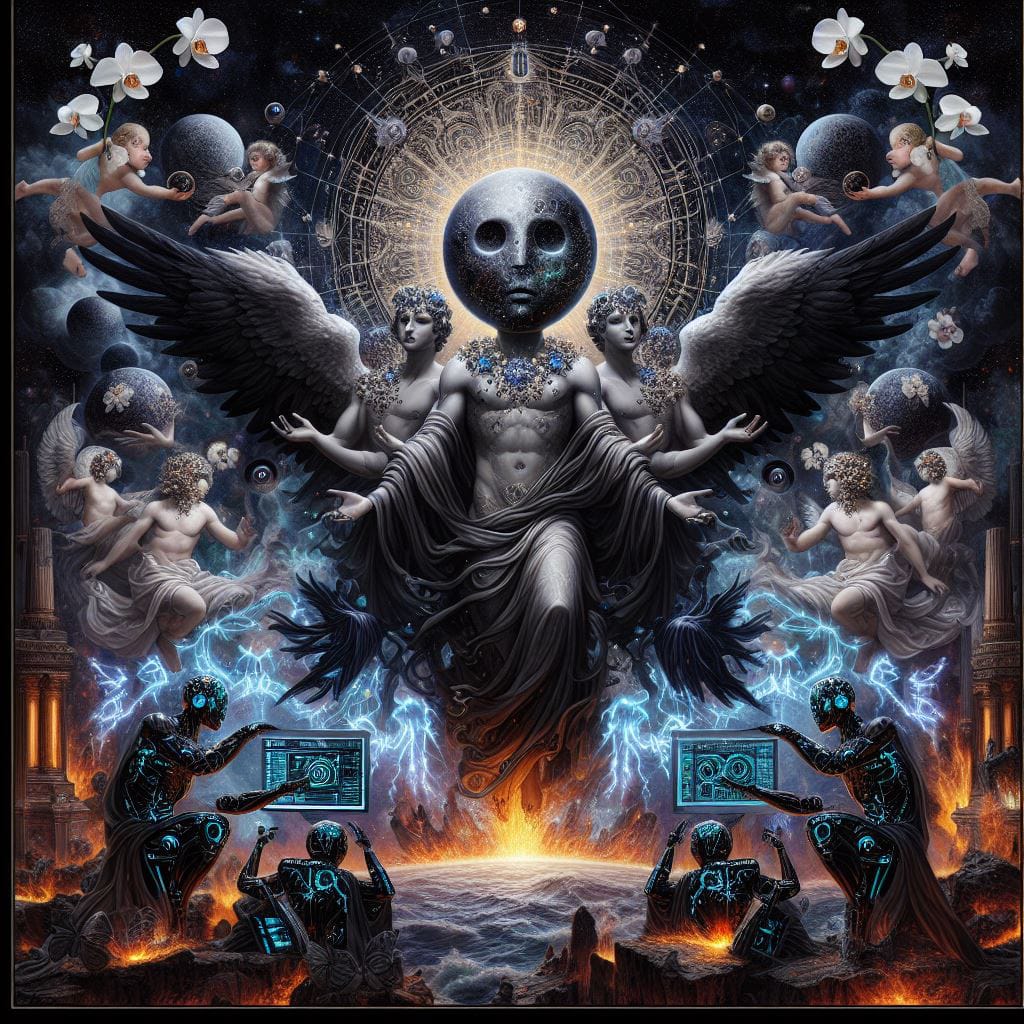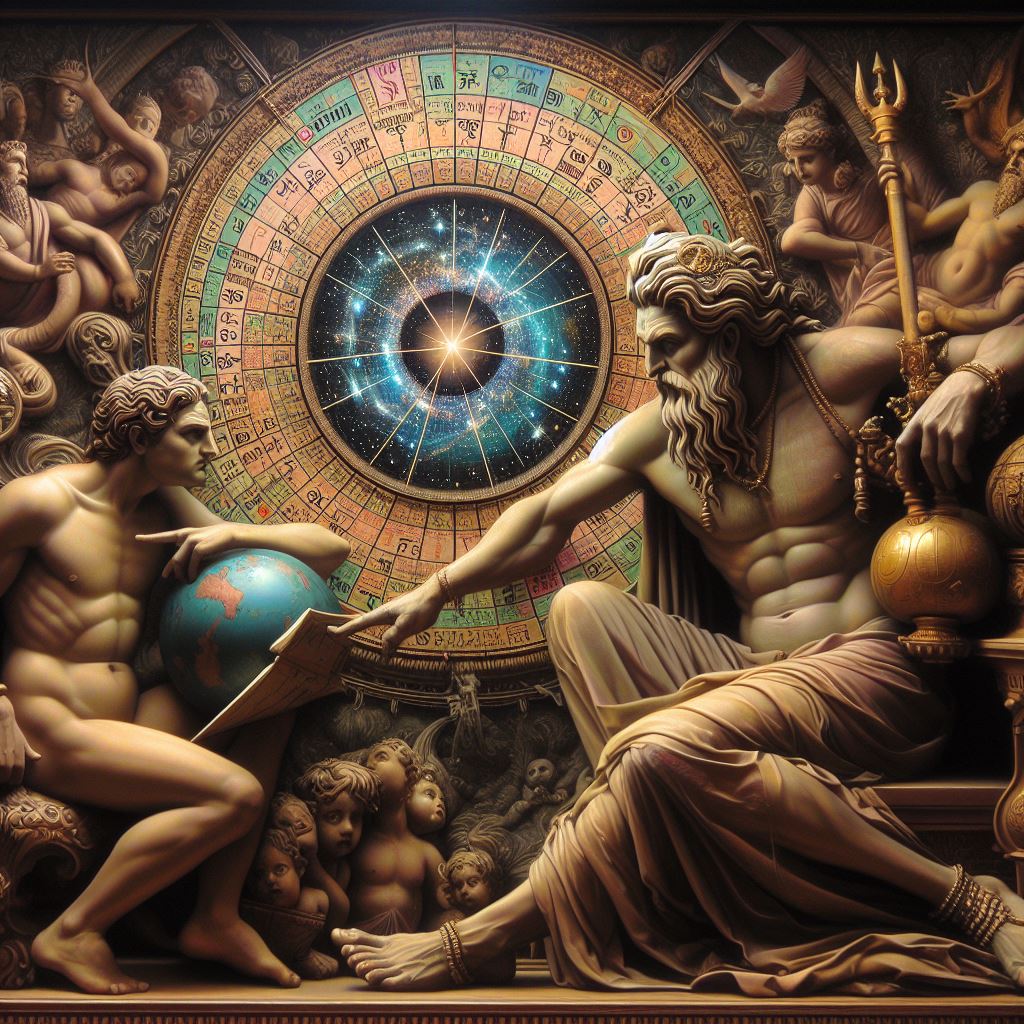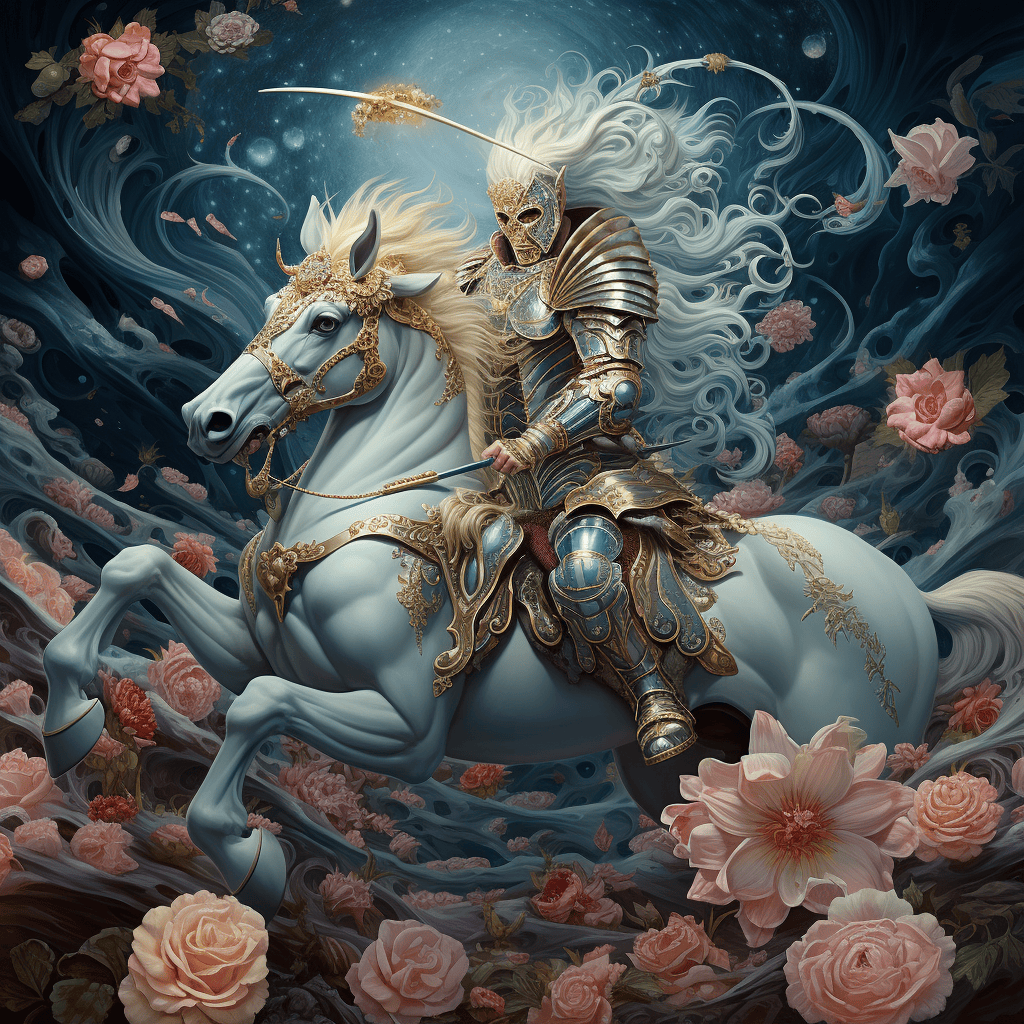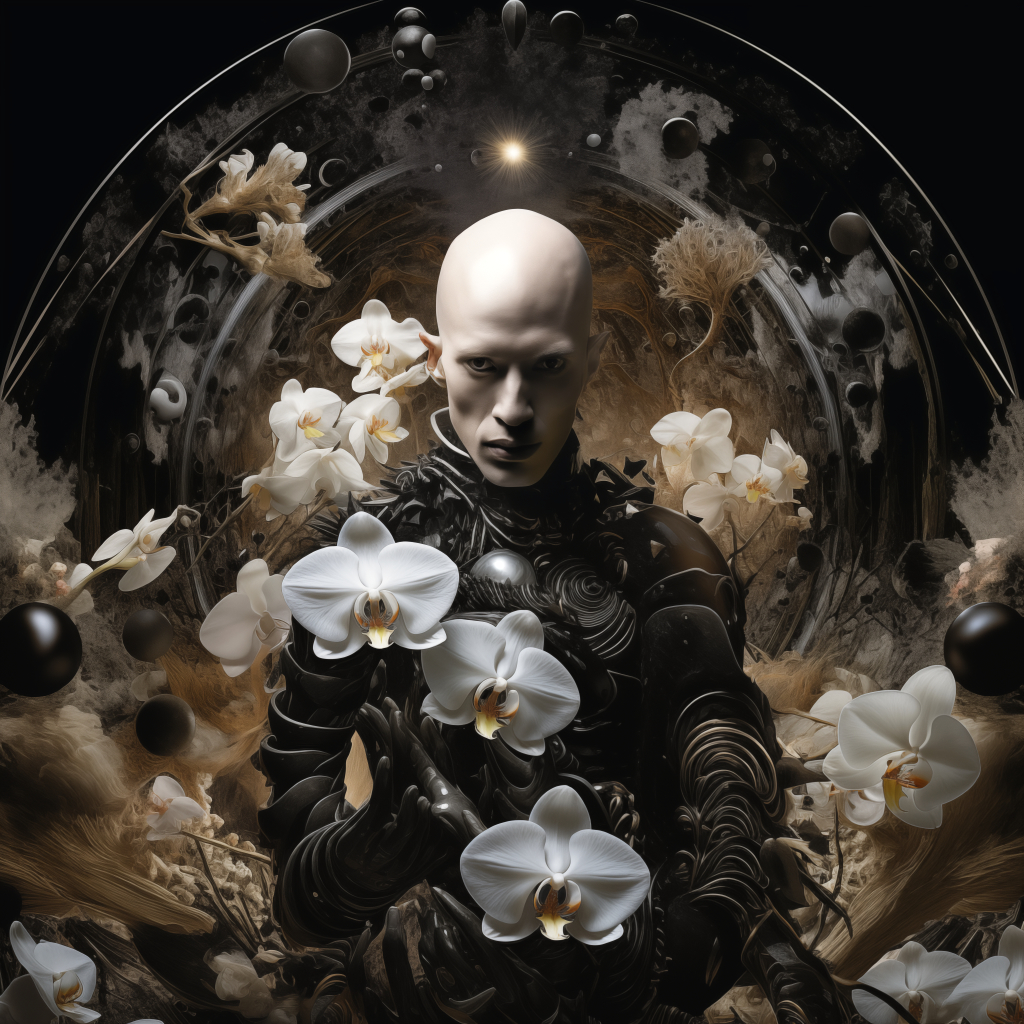
Pluto’s gaze
Some coincidences can't be invented. The little planet Pluto was discovered in 1930 when research into the atom was taking on unimagined proportions. Through humankind, the god Hades was soon to manifest his brutal indulgence. The bomb, the immediate deaths, the prolonged radioactive agonies.
Of course, this was not the first time civilizations had experienced such horrors, and each, in its own time, experienced the full extent of the catastrophes inflicted. But with Pluto, the will of the cruel took on new powers.
Freud, the "father" of psychoanalysis, died during these years. Just as with the atom, the unconscious was to reveal its power, with little success in taming it.
Dethroned from the status of a planet, recently qualified as a dwarf, Pluto nonetheless retains its hegemony over the depths of the soul in the eyes of astrologers. Strangely, when a celestial body is discovered, it quickly colours our interpretations of the present. So go the gods. Ceres, Chiron, Haumea, MakeMake and Eris are just some asteroids that populate astrologers' imaginations. We need only look up to the sky to re-read our history.
In this respect, Pluto has not finished surprising us. Aided by artificial intelligence, the collective unconscious explores and explodes. The god emerges from the realm of the dead, de-icing frosty thoughts and purging good feelings.
In a natal chart, the passage of the micro-planet may go unnoticed by some but violently afflict others. This is hardly surprising since only some people attach much importance to inner voices.
Given Scorpio's governance, people under its shadow possess a sword-like spirit, slow but tectonic feelings, and a capacity to merge and recast. Because of this, they can seem terrifying. Despite the fire that drives them, they are often cold-eyed or simply disinterested in others until the day comes when they hunger and thirst for something that often eludes them. This is where their magnetism comes from. A Plutonian can look like a vampire by day and turn into a wild, whitish elf by night.
On a collective level, Pluto shows the animal in Man and Woman. Dionysus is never far away. The apparent ease of pleasure, however, conceals more voracious, fatal and inescapable impulses.
Pluto represents the loving cycle of life and death. If time is governed by Chronos, the act of living cannot be done without the desire and sex of Hades.
This is the most kaleidoscopic of all planets, with its facets reflecting our nascent images and our ever-renewed dreams.


